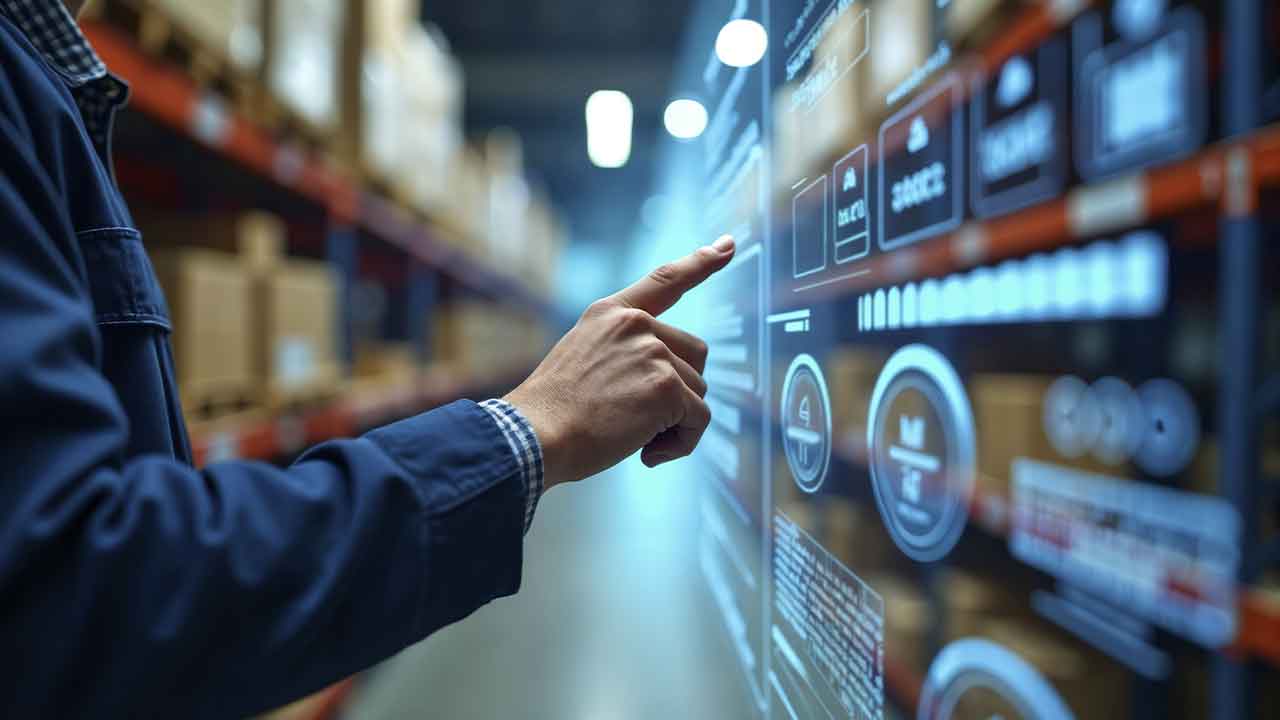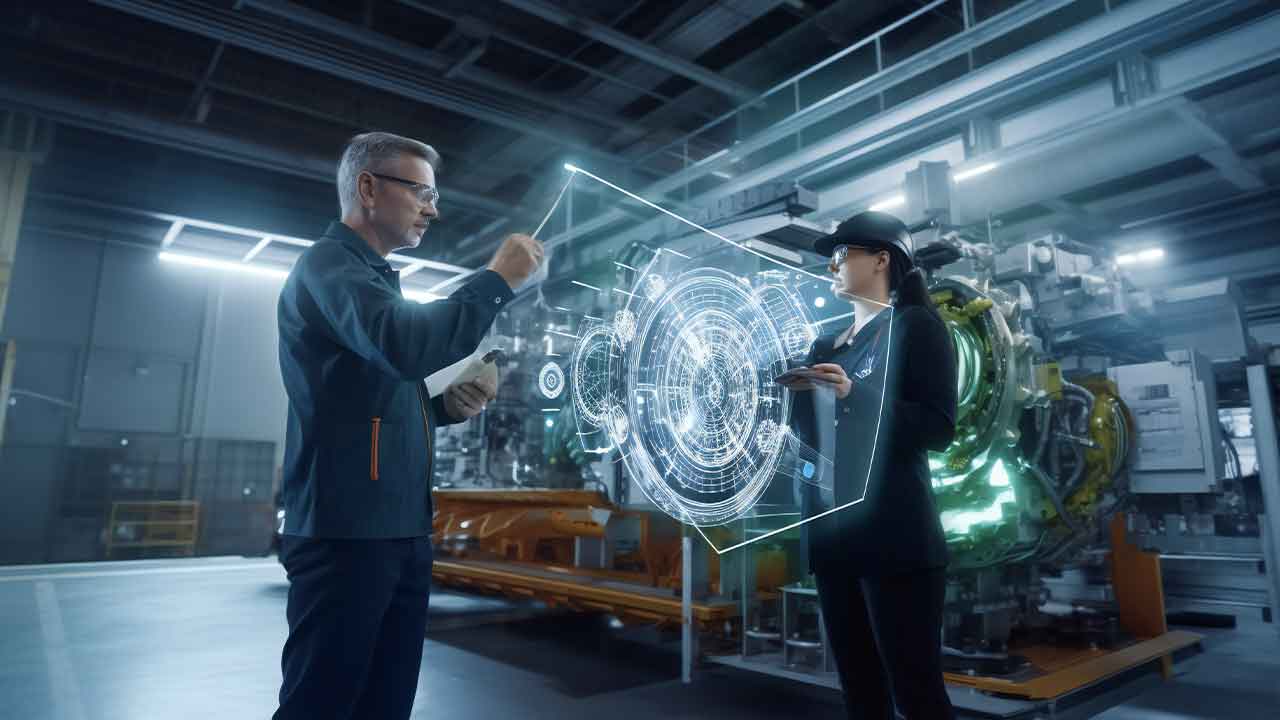Harnessing IoT and Time Series Data to Revolutionize Manufacturing | SPONSORED
The recent “Navigating the Data Tsunami: The Rise of IIoT Sensors in Industry 4.0” session at IIoT World Manufacturing Days highlighted insights into the transformative power of time series data and advanced data analytics in manufacturing. This follow-up interview delves into the key takeaways from the previous discussion, emphasizing the role of InfluxDB in facilitating data sharing, collaboration, and innovation in the industrial sector.
The Importance of Time Series Data in Manufacturing
Time series data, which captures metrics like temperature and pressure over time, is vital for modern manufacturing. InfluxDB, a database designed specifically for time series data, excels at handling the vast amounts of sensor data generated in industrial settings. Its ability to ingest and query data in real time allows manufacturers to monitor and respond to changes instantaneously, enhancing operational efficiency.
Facilitating Cross-Departmental Collaboration
One of the standout features of InfluxDB is its ability to centralize data, making it accessible across different departments within a manufacturing organization. By storing data in the cloud, it enables data engineers to apply machine learning algorithms for predictive maintenance and analytics. This centralized approach reduces complexity and cost, fostering better collaboration between field technicians, data engineers, and operations specialists. This seamless data sharing ensures that insights derived from the data can be used effectively across the organization, enhancing productivity and decision-making.
Justifying IoT Investments
Investing in IoT infrastructure can be challenging for many manufacturers. To build a compelling business case, it is essential to focus on key metrics such as equipment uptime and total cost of ownership (TCO). Case studies have shown that using InfluxDB can increase equipment uptime by 35-45%, leading to higher factory output and revenue. Additionally, companies have reported a 50% reduction in TCO by switching to InfluxDB. These tangible benefits highlight the significant return on investment that IoT infrastructure can provide, making it easier to justify such expenditures to upper management.
Leveraging IoT for Sustainability
Sustainability is becoming a crucial focus for manufacturers. IoT sensors and data analysis can play a pivotal role in reducing energy consumption and minimizing environmental impact. By capturing and analyzing data from IoT systems, manufacturers can identify areas for optimization. For example, using smart thermostats to manage energy usage can lead to substantial cost savings and reduced environmental footprints. These data-driven approaches are not only good for the planet but also for the bottom line, as they can result in millions of dollars in energy savings.
Future Enhancements in Industrial IoT
The future of industrial IoT looks promising with ongoing enhancements in real-time data processing capabilities. The latest version of InfluxDB allows for data to be queried even before it is fully persisted, enabling faster decision-making. Upcoming features include a single-node InfluxDB for edge deployment, which will enable real-time data analysis and machine learning at the source. These advancements aim to make edge devices smarter and more efficient, providing manufacturers with even greater tools to optimize their operations.
Sponsored by InfluxData.



